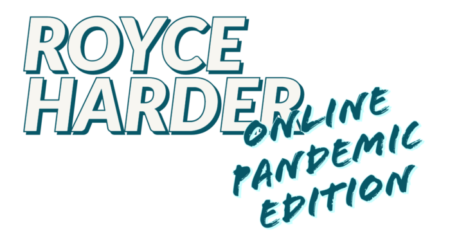Presenter
Serena Bayford, Department of Psychology, University of Alberta
Abstract
Middle childhood marks a transitional point where the quality of peer relationships becomes increasingly salient for children’s ability to regulate feelings of sadness and anxiety (Rubin et al., 2008). During middle childhood about 13-21% of children consistently show levels of internalizing symptomology that warrant clinical attention. Internalizing symptoms in middle childhood include symptoms of depression (e.g., sadness) and anxiety (e.g., fearfulness) (Willner et al., 2016). Children’s ongoing internalizing problems may be related to adversities in their peer relationships, including aggression directed toward peers. Peer aggression includes both overt and indirect aggression. Overt aggression is behavior that harms another person directly, typically through physical contact or threatening remarks (Crick & Grotpeter, 1995). Indirect aggression causes harm to another person through intentional disruption of their relationships (Crick & Grotpeter, 1995). Research identifying the ways by which peer aggression relates to ongoing internalizing problems is needed. The current study uses a person-centered approach to examine the developmental co-occurrence of internalizing problems and peer aggression, including both relational aggression and physical aggression. Participants included 506 children in kindergarten to grade 3 in 10 elementary schools. Children were assessed on 6 occasions over 2 school years. Preliminary sequential process growth mixture models revealed four latent trajectory classes of co-occurring depressive symptoms and relational aggression.
Poster
Authors & Affiliations
S. Bayford, B. Zatto & W. Hoglund (Psychology Department, University of Alberta)
